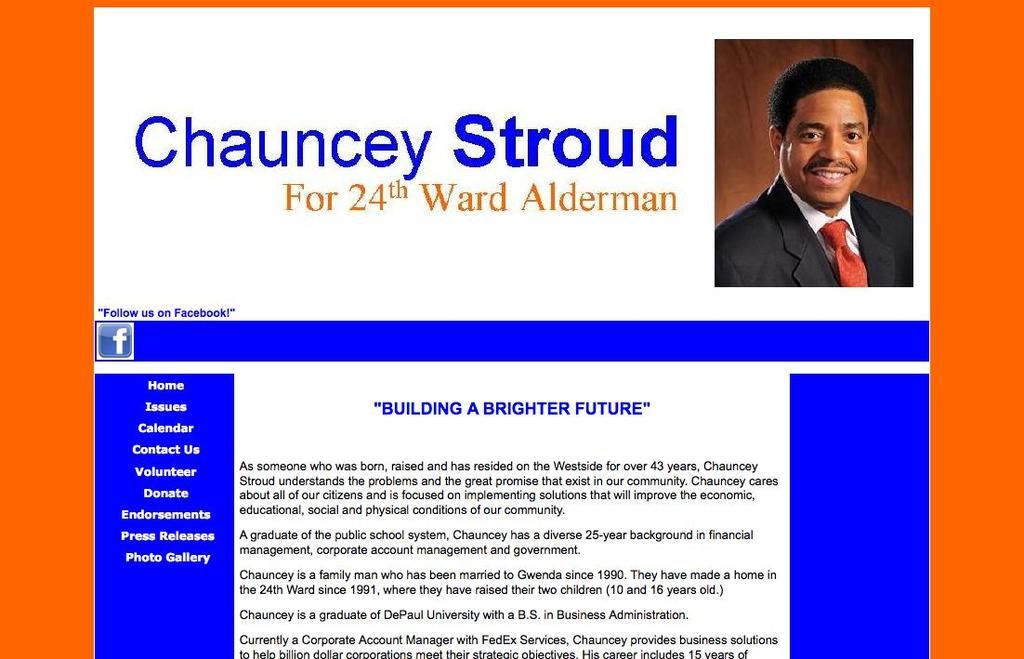Government initiates abolishment of "Home Sellers Exemption" law, tightens absentee legislation, greenlights significant contributions.
** Weekly Council Meeting Decisions Unveiled**
Hello there! Let's dive into this week's happenings at the Council of Ministers, chaired by the Prime Minister Sheikh Ahmad Al-Abdullah, held at Bayan Palace. Here are some key decisions:
The Minister of Housing has been instructed to take the necessary steps to repeal Law No. 2 of 2015, popularly known as the "Whoever Sold His Home" law. This move comes following concerns over its impact on housing benefits, creating an unfair advantage for some citizens.
The law, which amended the foundational housing welfare legislation (Law No. 47 of 1993), offered benefits to a specific group of citizens who had sold their homes after repaying loans from the Kuwait Credit Bank between 1992 and 2015. However, critics pointed out that this legislation favored this group, neglecting countless others still awaiting housing assistance.
Moreover, the Civil Service Bureau has been tasked with developing a mechanism to hold government employees accountable for unauthorized absences. This move targets excessive absenteeism, particularly around holidays, with penalties to be reflected in annual performance evaluations, promotions, and reward eligibility.
As for chronic absenteeism, the Cabinet congratulated Saudi leadership on the successful Hajj season and praised the Kingdom for its hospitality, organization, and medical services. Kuwait's Hajj Mission and all government bodies were also lauded for facilitating a smooth pilgrimage for Kuwaiti citizens.
The First Deputy Prime Minister and Minister of Interior, Sheikh Fahad Al-Yousef, has recently undergone medical tests, and the Prime Minister has reassured the Cabinet about his health.
Moving on to development matters, the Cabinet approved donations for green urban initiatives across various governorates, including beautifying roads and streets through landscaping. They also accepted two generous donations: one to renovate the emergency department at Al-Amiri Hospital and another to rehabilitate the tenth wing of the addiction center.
The Council of Ministers showed their appreciation for such contributions, stating that they enhance public services and reflect Kuwait's spirit of giving. Several other agenda items were reviewed, with some referred to specialized ministerial committees.
[Source: 1, 2, 4]
[1] Al-Rai Daily Report[2] Al-Watan Daily Report[4] Gulf News Report
The Prime Minister's Cabinet, following the Weekly Council Meeting, has decided to overhaul the "Whoever Sold His Home" law to ensure fairness in housing benefits, as it was perceived to provide an unfair advantage to a chosen few.
Additionally, as part of the general-news, finance, and business sectors, the government is taking measures to restrict unauthorized absences by government employees, aiming to improve service quality and accountability.






